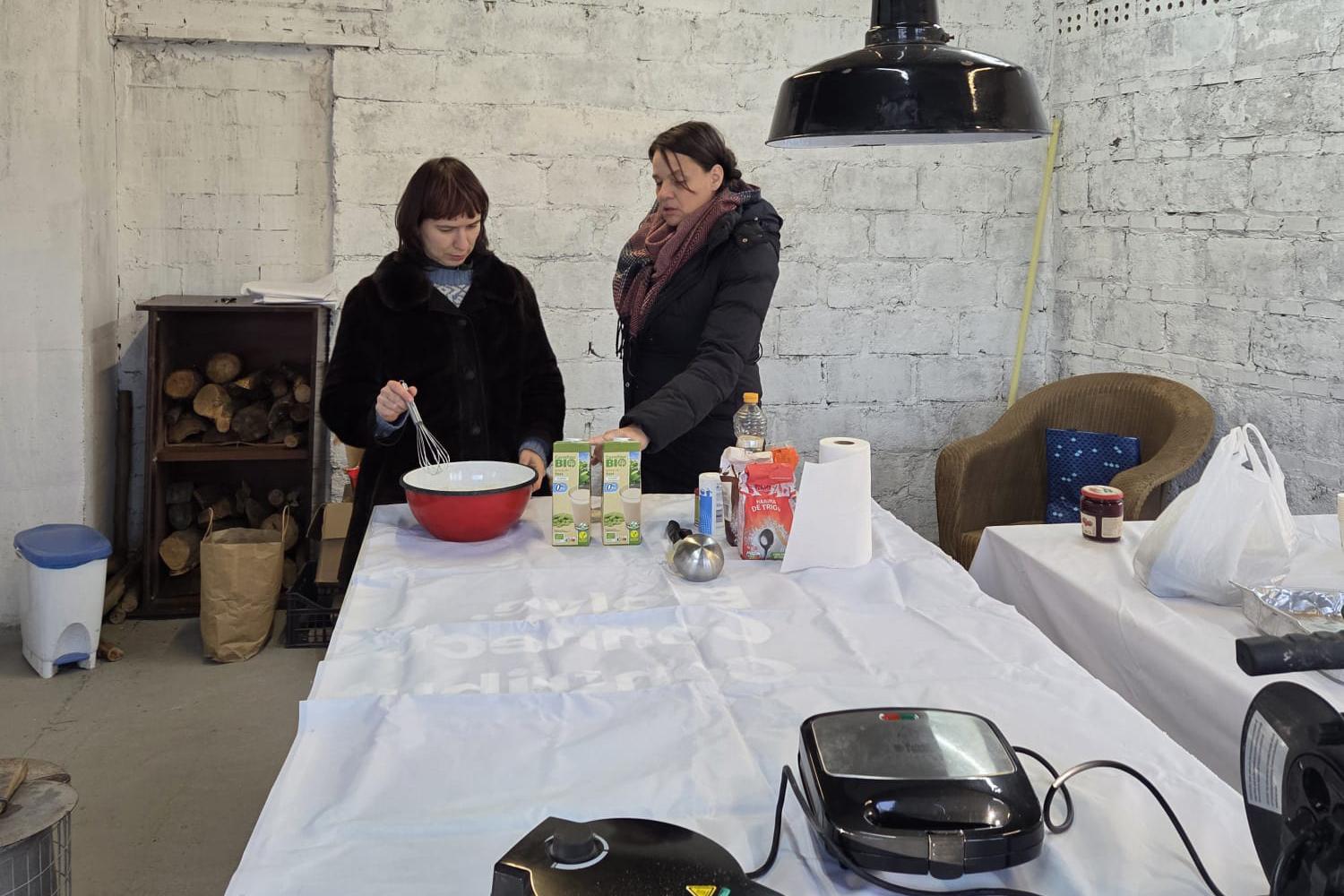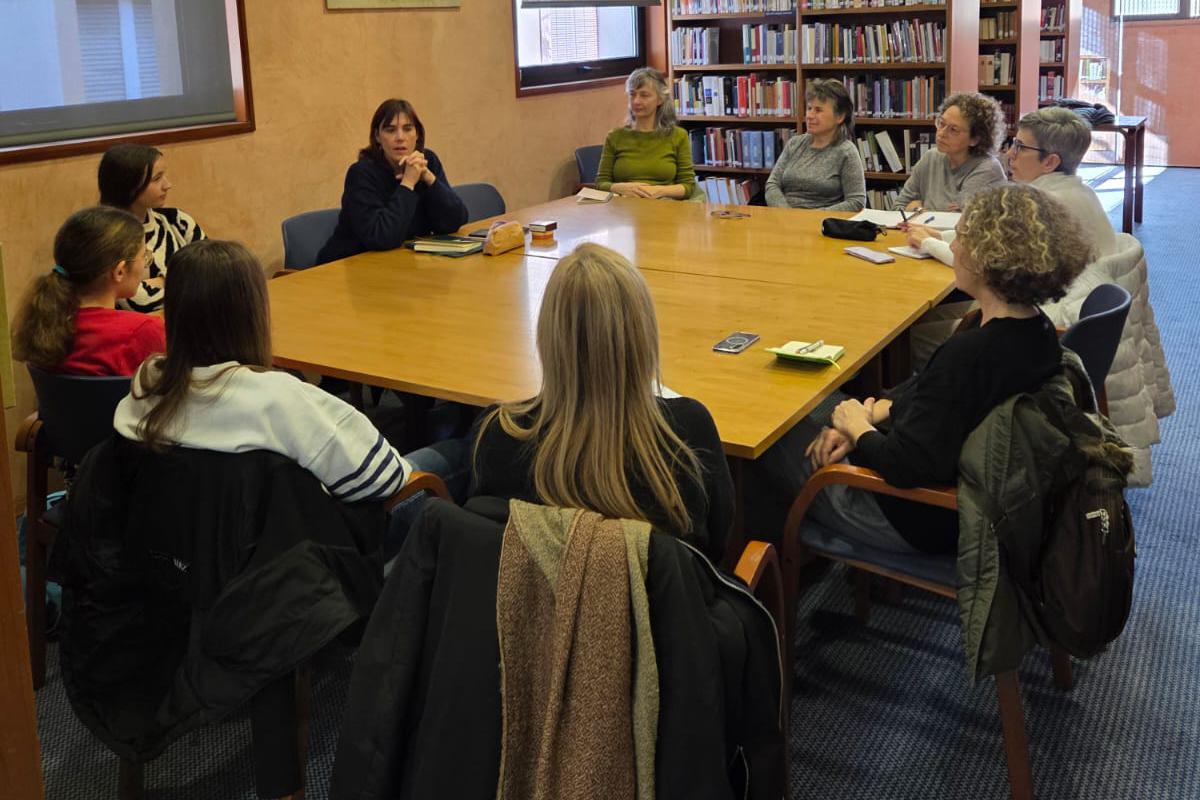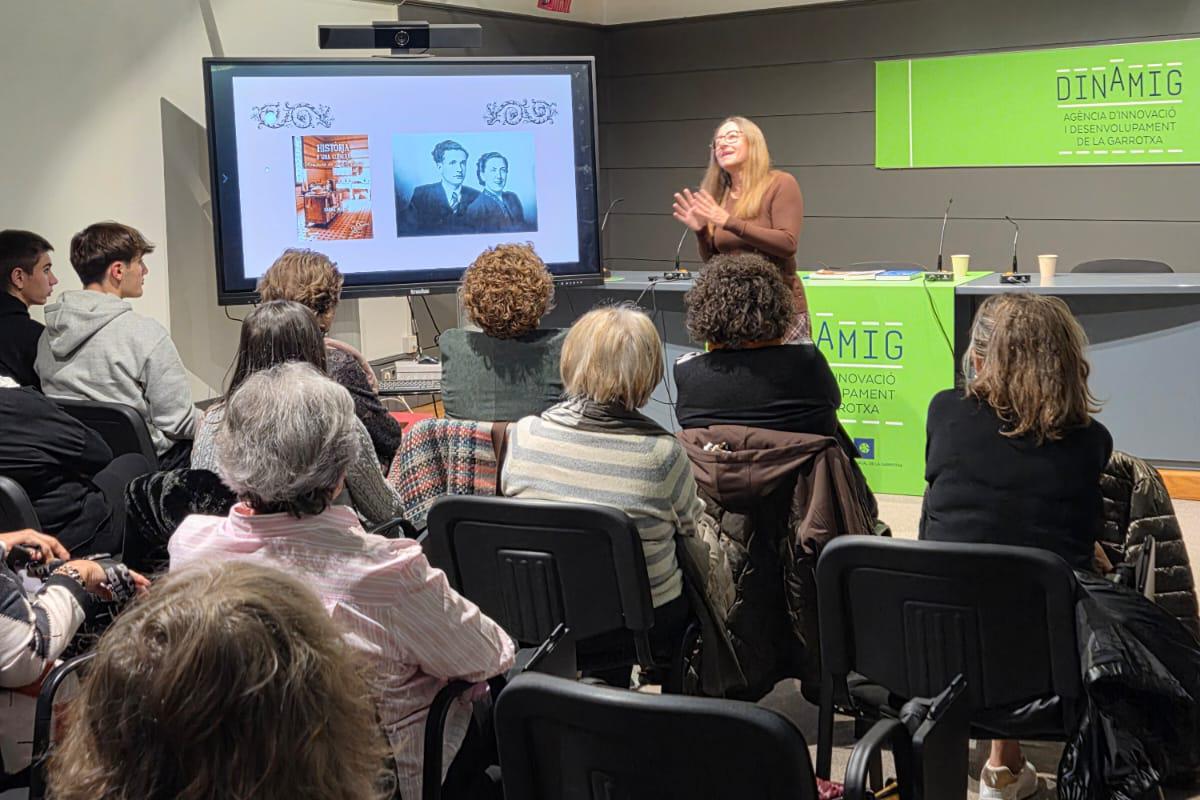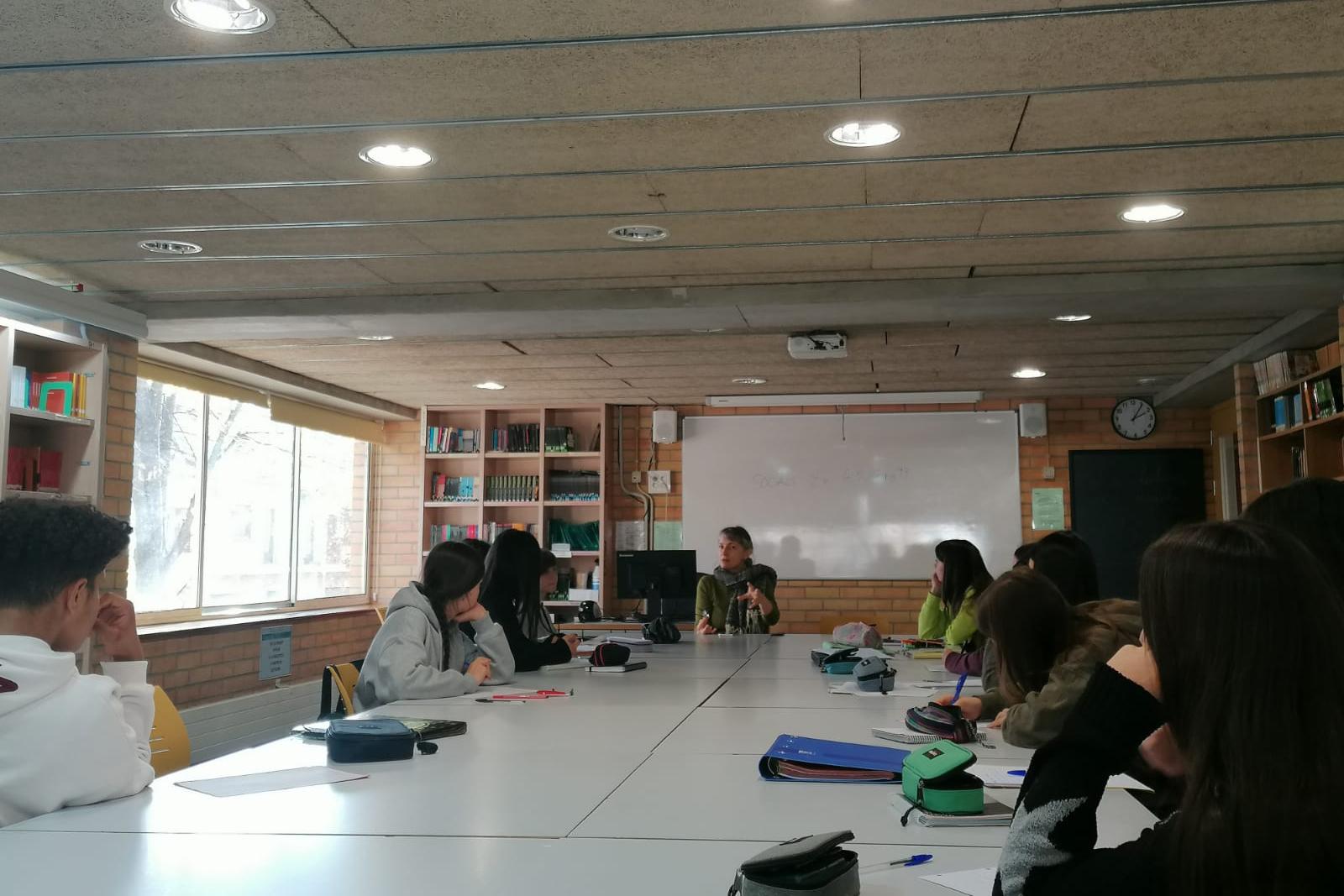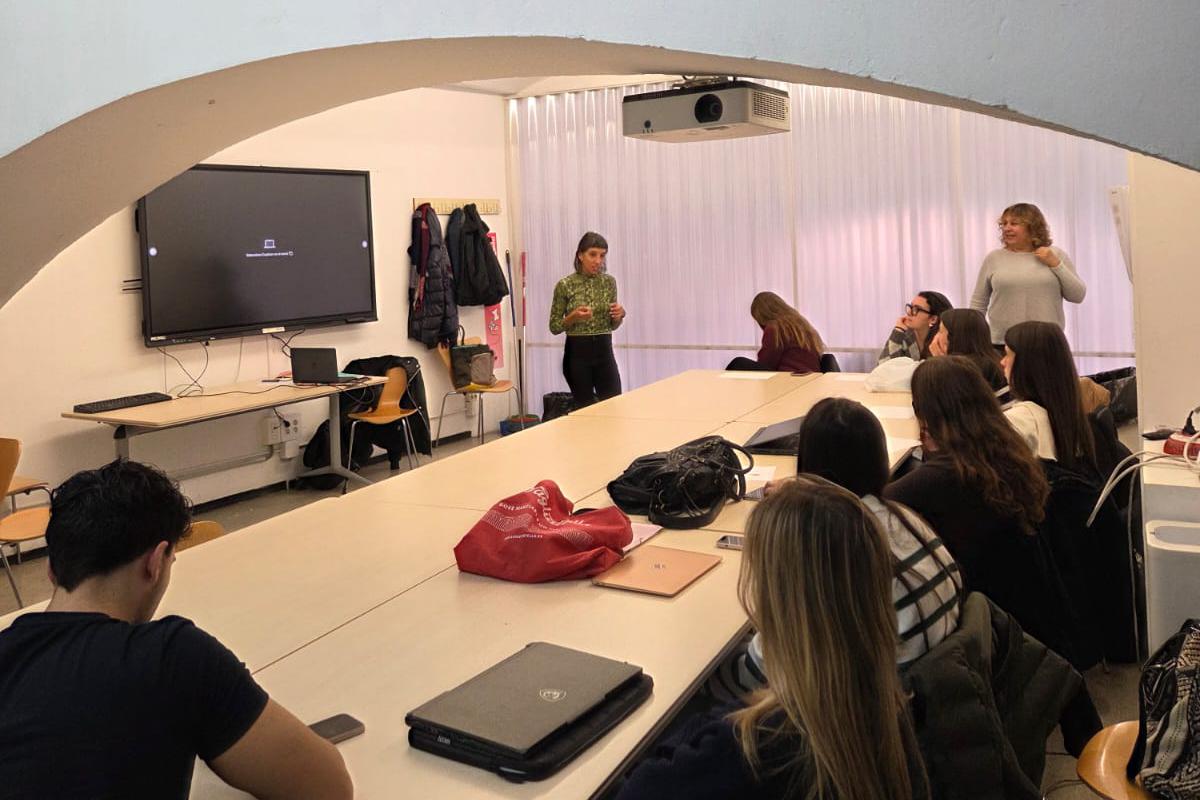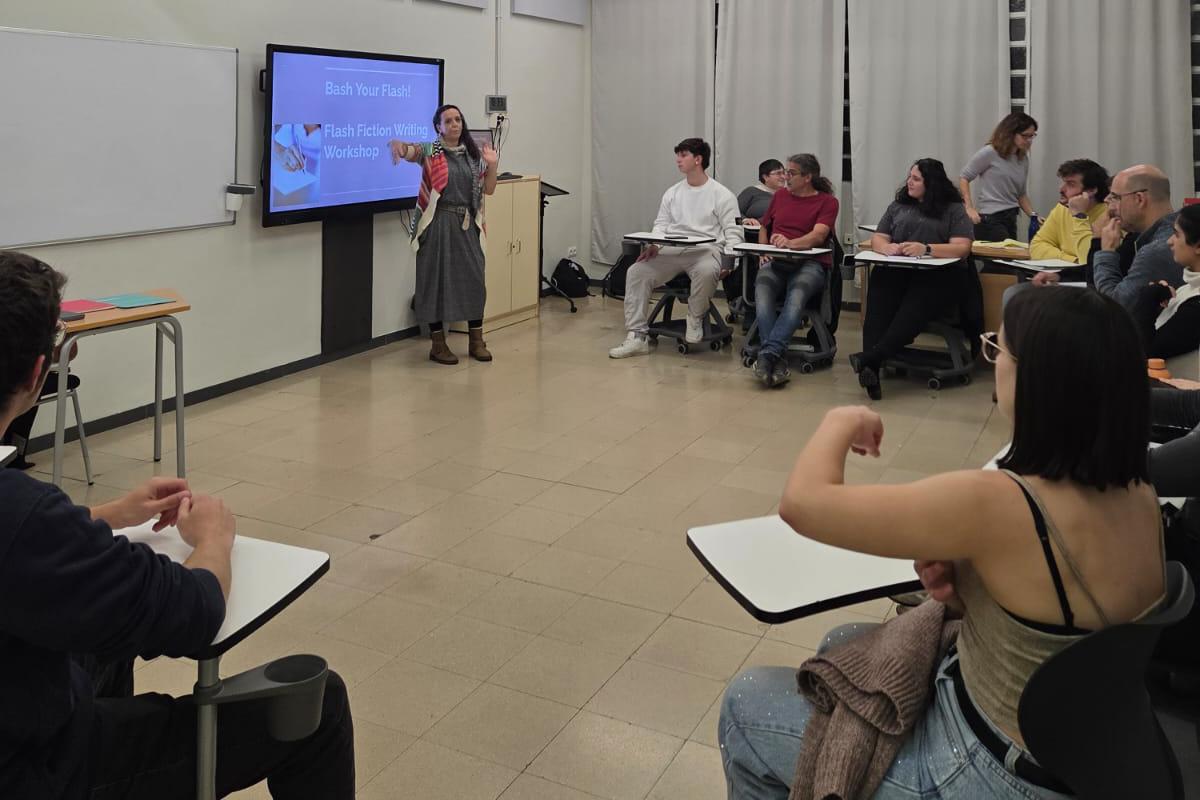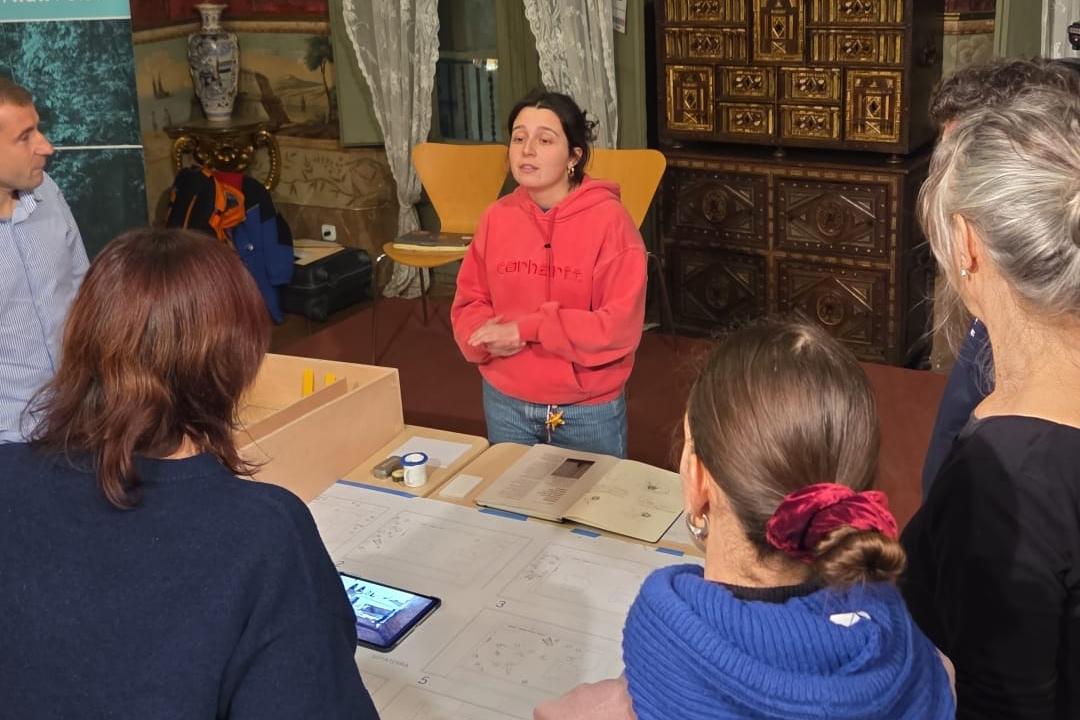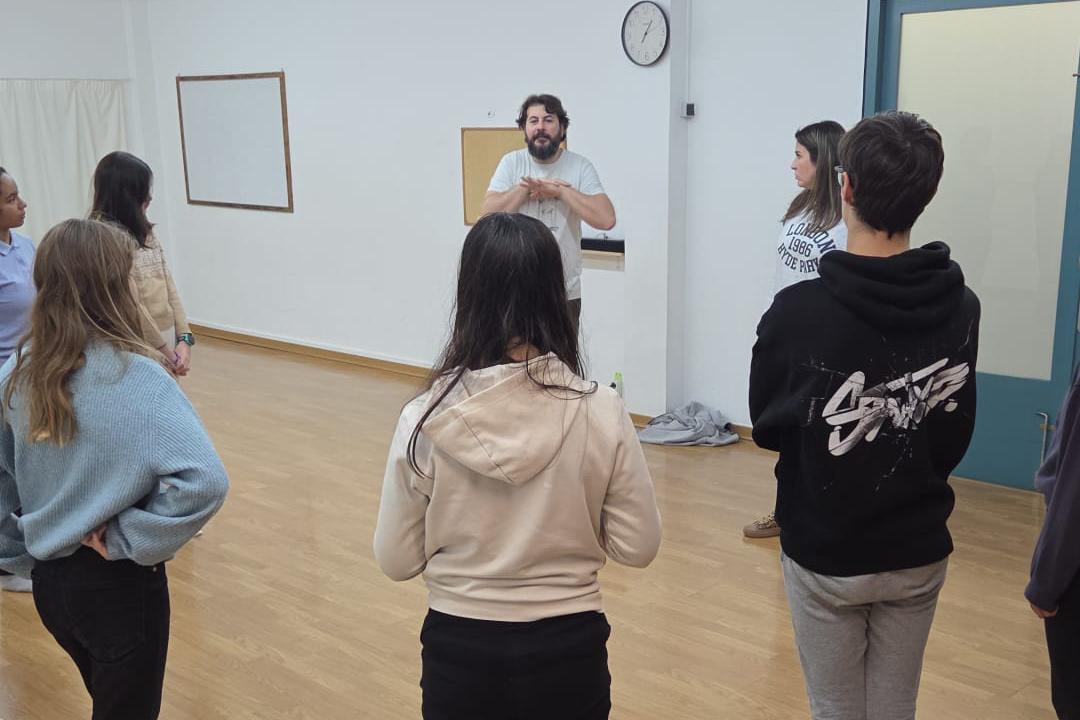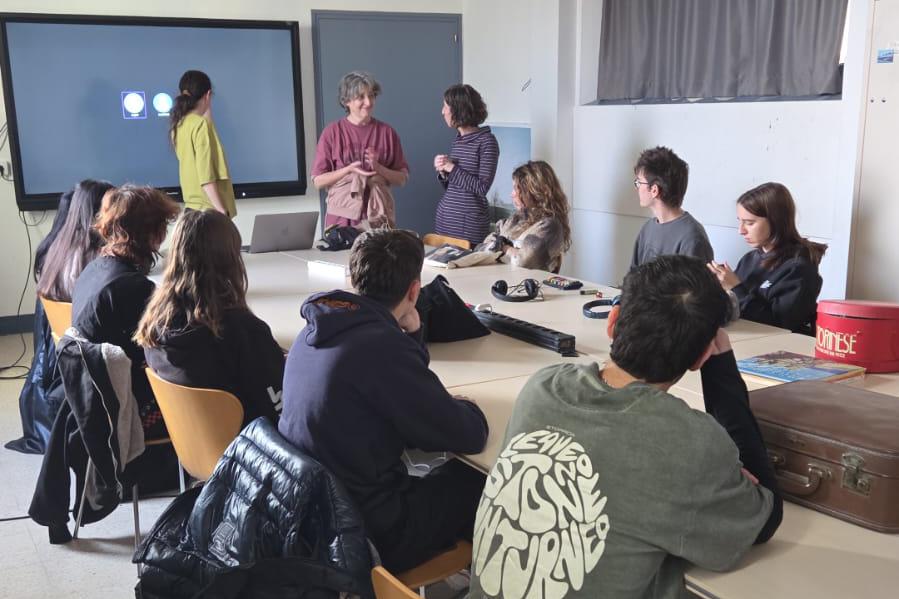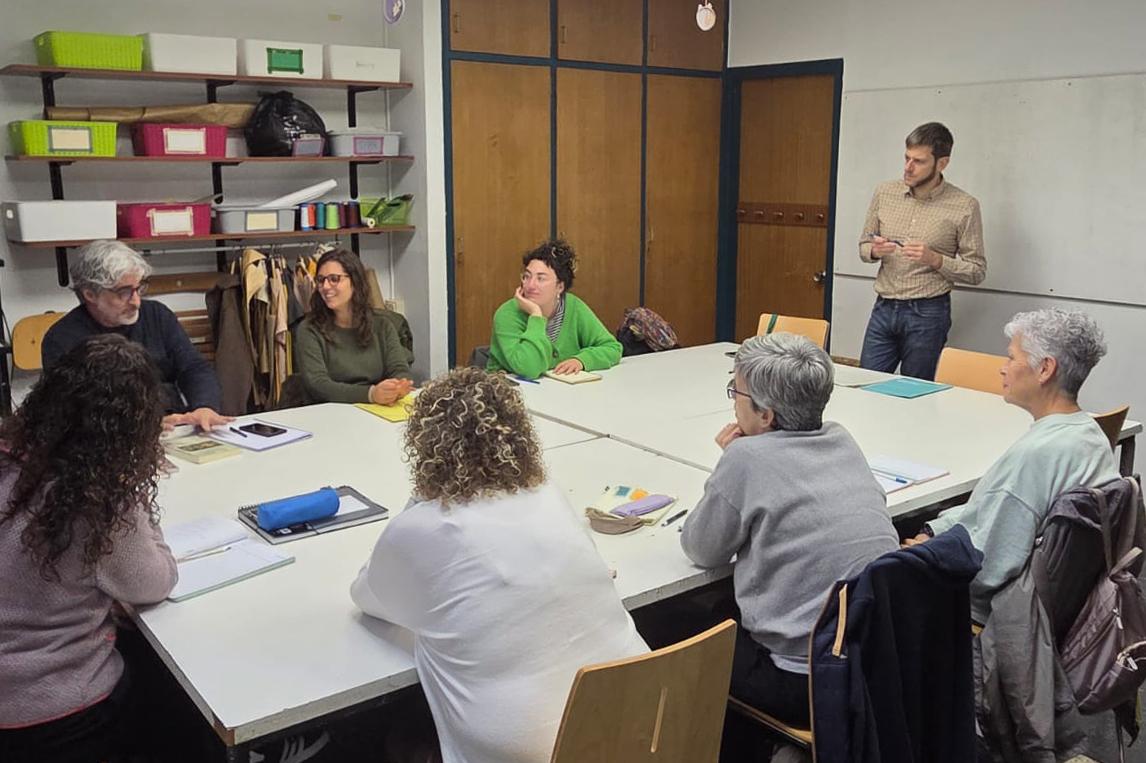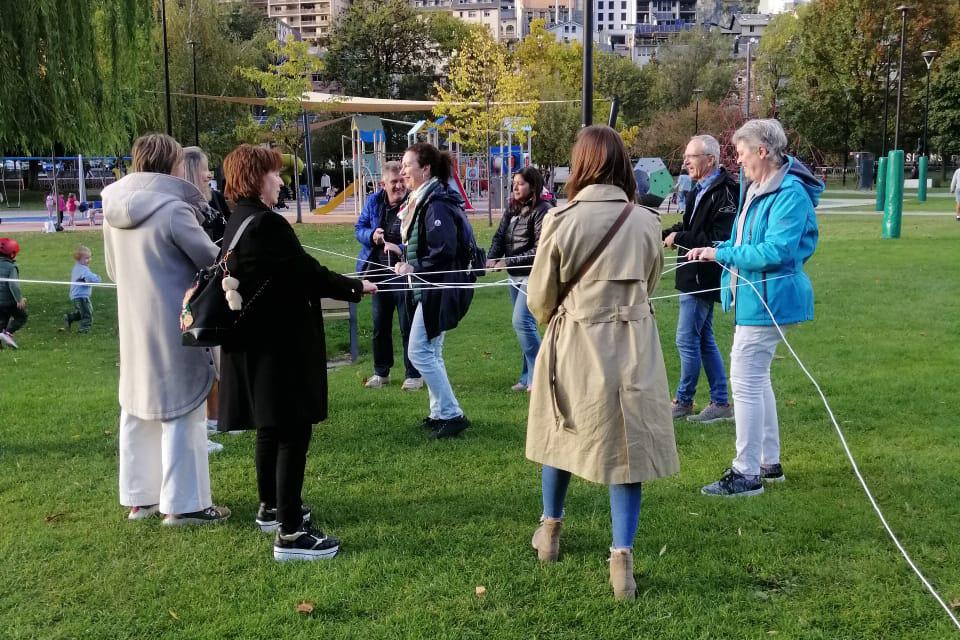Olot com a laboratori
Olot schools | March, 2019
Monday, 18 March 2019 , Olot
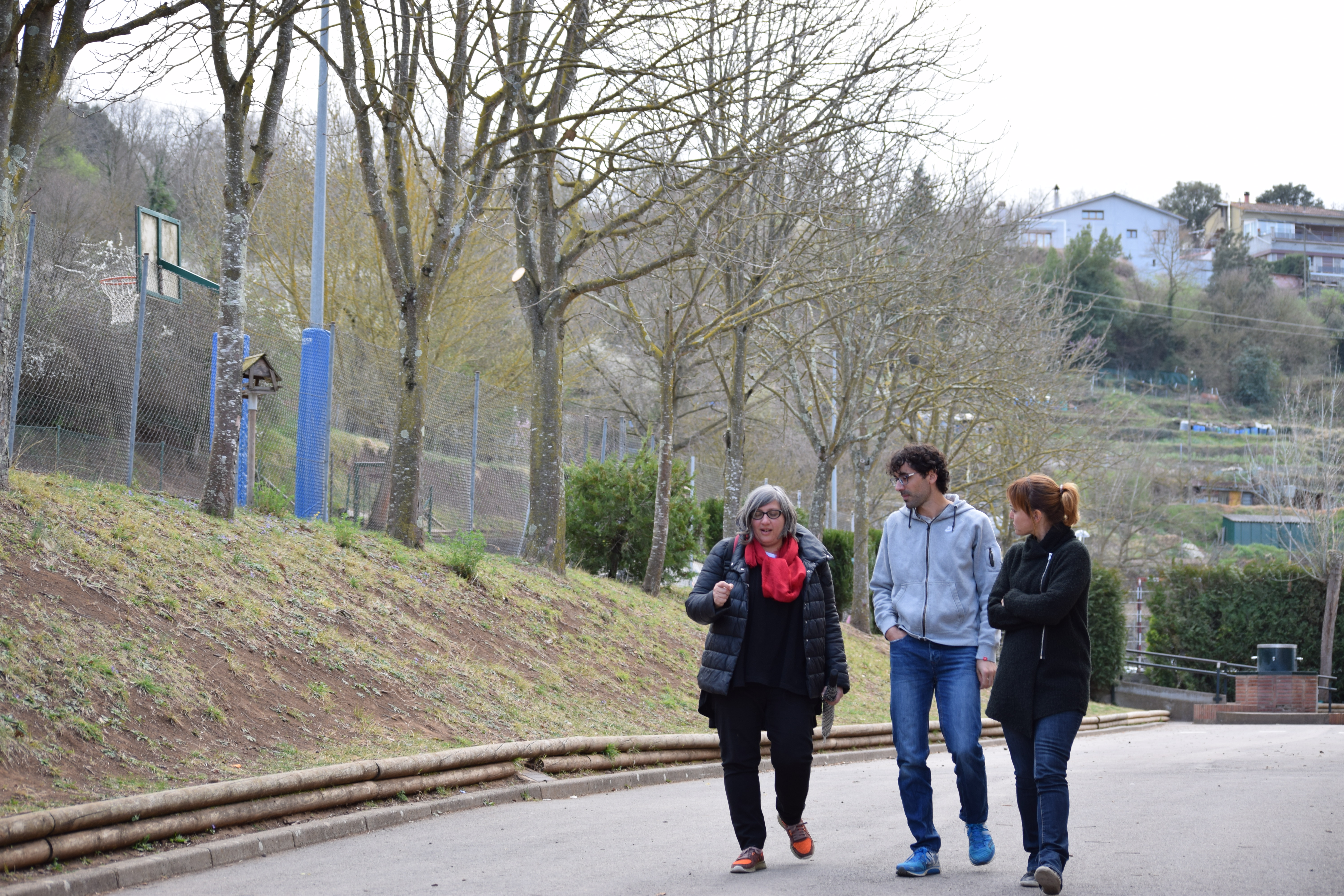
Olot com a laboratori
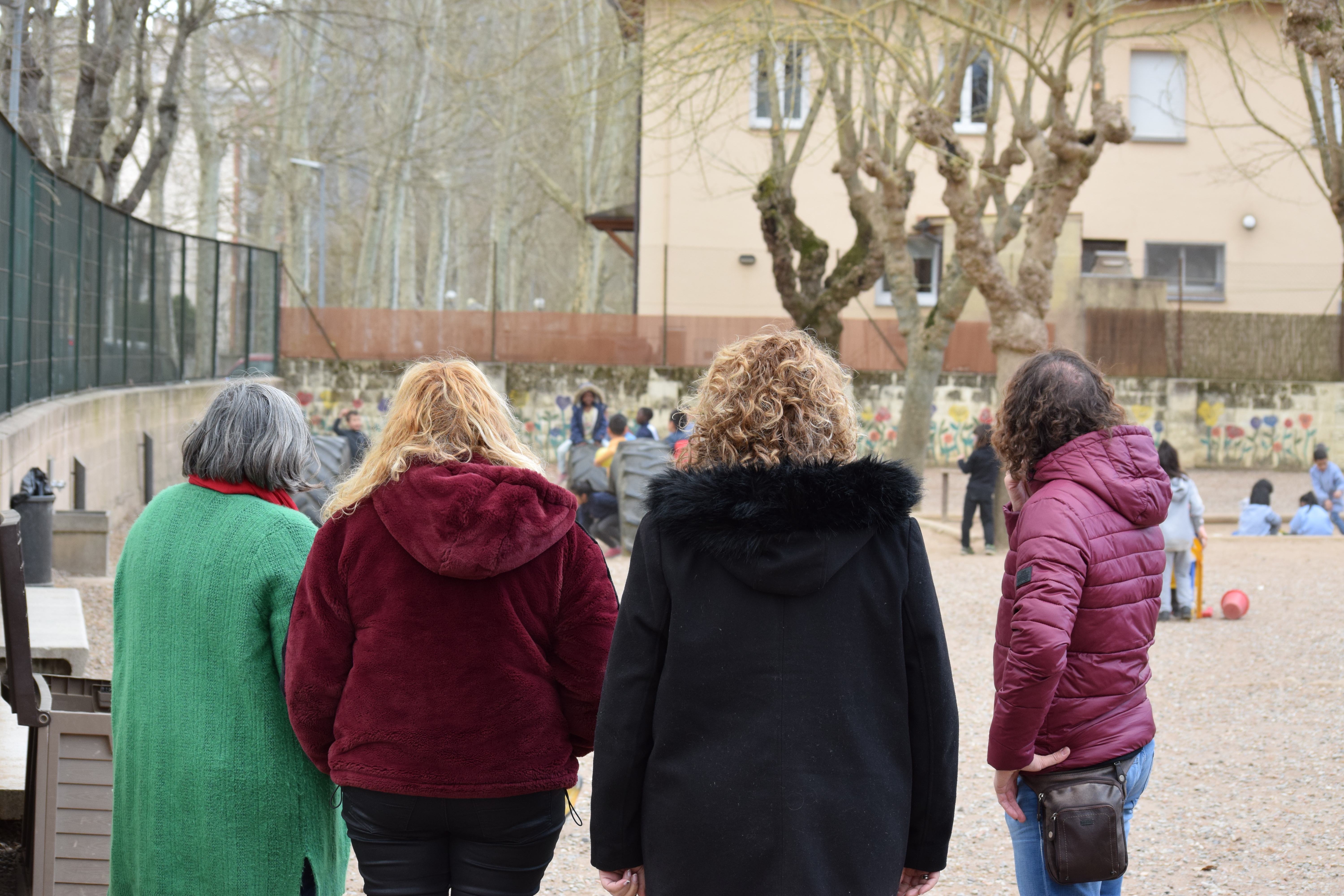
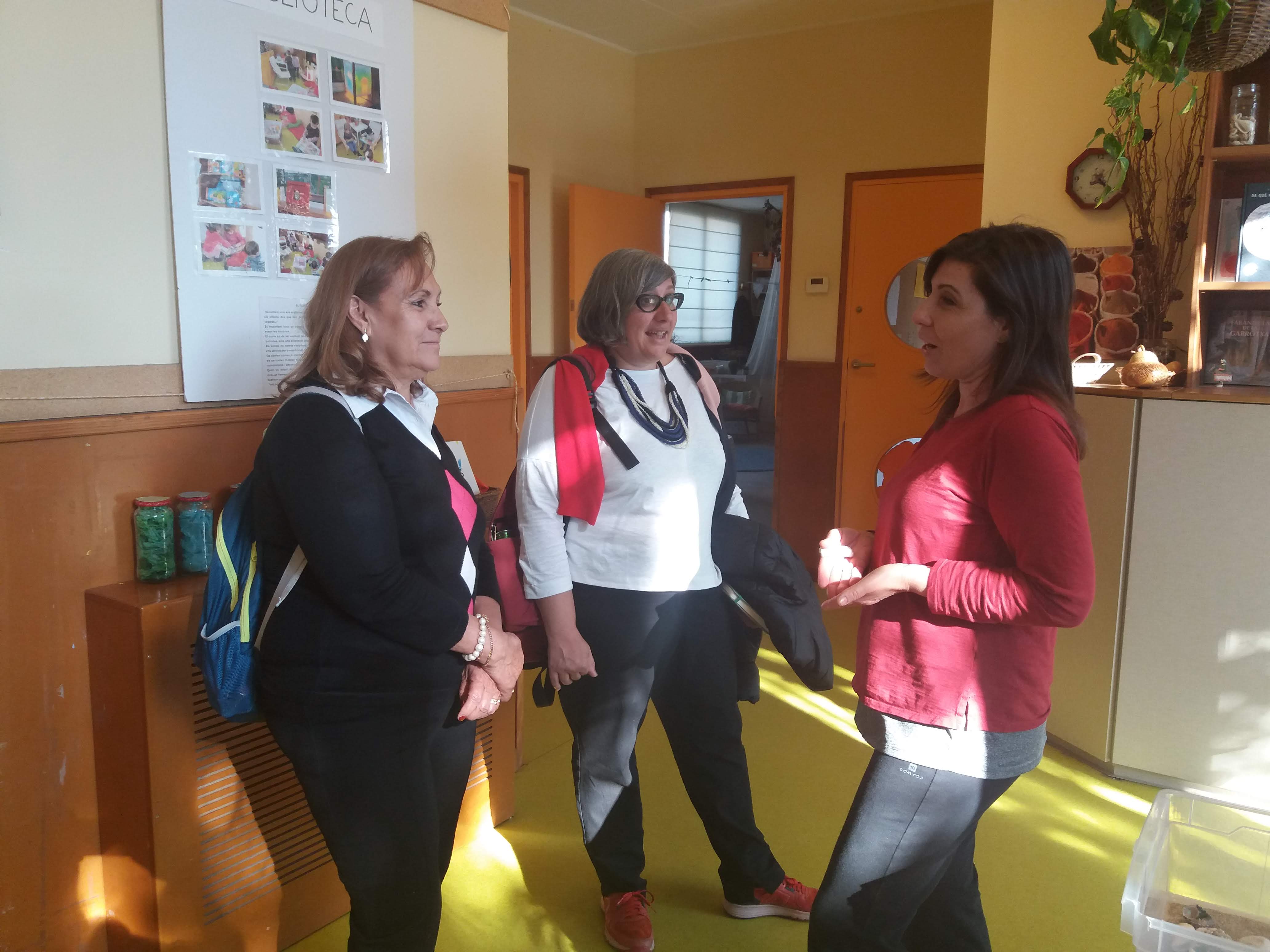
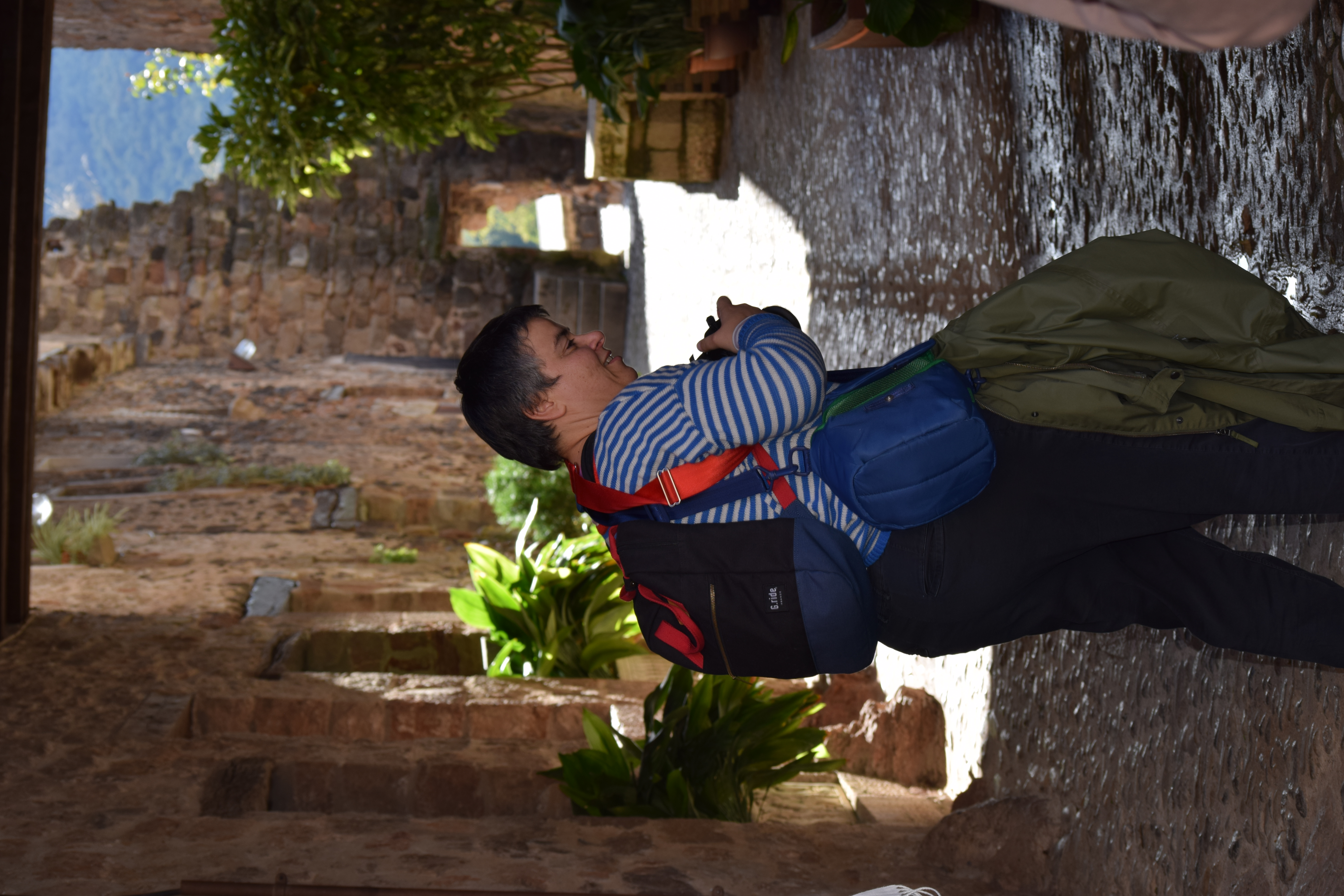
Exploring territory as a research method is a way of approaching it from practice and weaving relationships that can be beneficial for everyone. This is how the Remoblar collective started the project and this is how this research has been developed at Faber Residency.
At the beginning we proposed to Faber to make three assessments to projects and a few days to present our project aimed at teachers. We knew that with this proposal we could not only share what we have done so far, but that our research could be enriched by the observation of spaces and other types of relationships could be established with teachers, such as knowing their impressions of the school spaces they inhabit, what their demands are, their shortcomings, but also their illusions.
There have been many more visits. In addition to the four initial schools (Escola Malagrida, Escola Petit Plançó, Escola El Morrot i Escola Volcà Bisaroques), one more was added during the days (Escola Municipal d’Expressió) and three more were visited at our request (Escola El Rusc, Pasta de Sal i Les Baldufes).
Of the former, we have seen many different spaces, which respond in some cases to the need (schools in spaces not originally conceived as schools -hospital, convent-, small spaces and high ratios, furniture from many years ago, little place to store, courtyards with football fields in between) and others to the type of learning that takes place in school spaces.
The four schools we have visited on demand have some things in common: the teachers who attended us are very eager for change. They understand that school spaces must adapt to new times, but above all they must adapt to pedagogies that stimulate students more, that they learn through manipulation, group work, interaction.
In the three private schools that we have visited (Escola El Rusc, Pasta de Sal i Les Baldufes) we see that they have found solutions to all these spaces. Solutions that respond to different pedagogical methods and that have also been made with reused materials. As they are projects of associations of families, private or concerted, they have much smaller ratios than in public schools and allow them a much freer education, based on manipulation and play and above all work with materials that allow experimentation and self-learning.
During the conference “Transforming educational spaces”, held at Faber Residency, the REMOBLAR project was presented and work was carried out with those attending on issues related to the change of paradigm in education and the consequent transformation of spaces. Thirty teachers from Olot shared ideas on this subject and were able to get in touch from this activity.
In addition to these visits and conferences we have also held two very interesting meetings: the first with Estel Marín, the secretariat of the School Council of Catalonia who was interested in our project and who directed us to Pere Costa, Responsible for Educational Services and the ongoing training of the Department of Education to the Territorial Services of Girona with whom we were discussing all this the need for training of teaching teams on changes in educational spaces and especially that networking between schools in Olot could help start a path towards transformation.
We have also been able to attend during the residency in the conference “New spaces, new learning” organized by the College of Architects of Catalonia, the Jaume Bofill Foundation and the Department of Education of the Generalitat where we saw reiterated many of the observations that have been made during the days of residence in OIot.
The general recommendations in the schools of Olot that have been visited have been: to work on the transformation of the spaces with the whole educational community (making a participative project), to start from the observation of the spaces to determine what uses they are being given and what others could have (taking advantage of these observations to include class projects such as making statistics, measuring …) The use of reused materials and the self-construction of the elements as part of learning and including the gender perspective has also been recommended.
What has been observed is that schools can make these transformations into a network. For all these reasons, we think that Olot could be a great urban laboratory for the transformation of educational spaces into a network, mapping the resources of the territory and taking advantage of knowledge (both at the level of active pedagogies and of other types of knowledge that members of school communities have), creating a laboratory project that involves the whole city.


